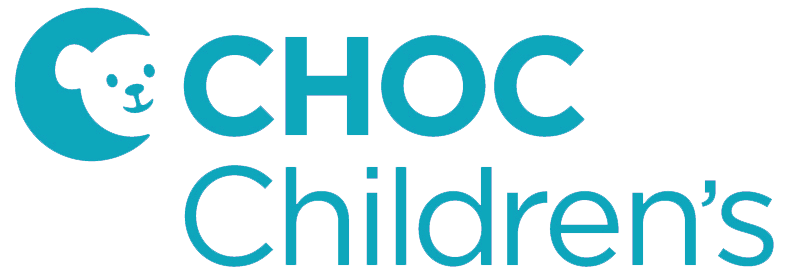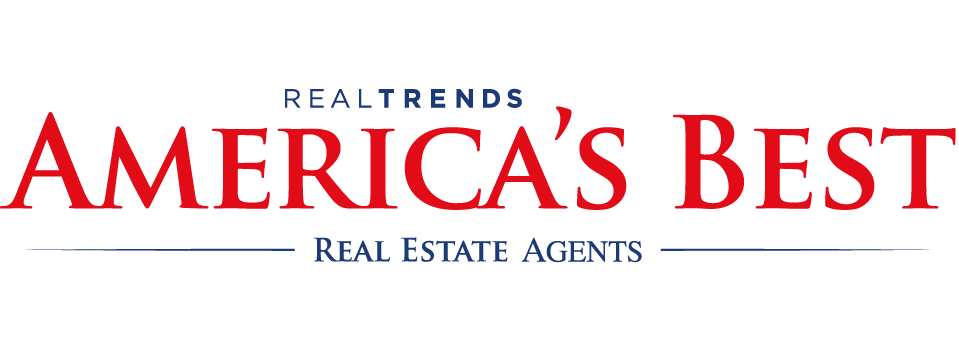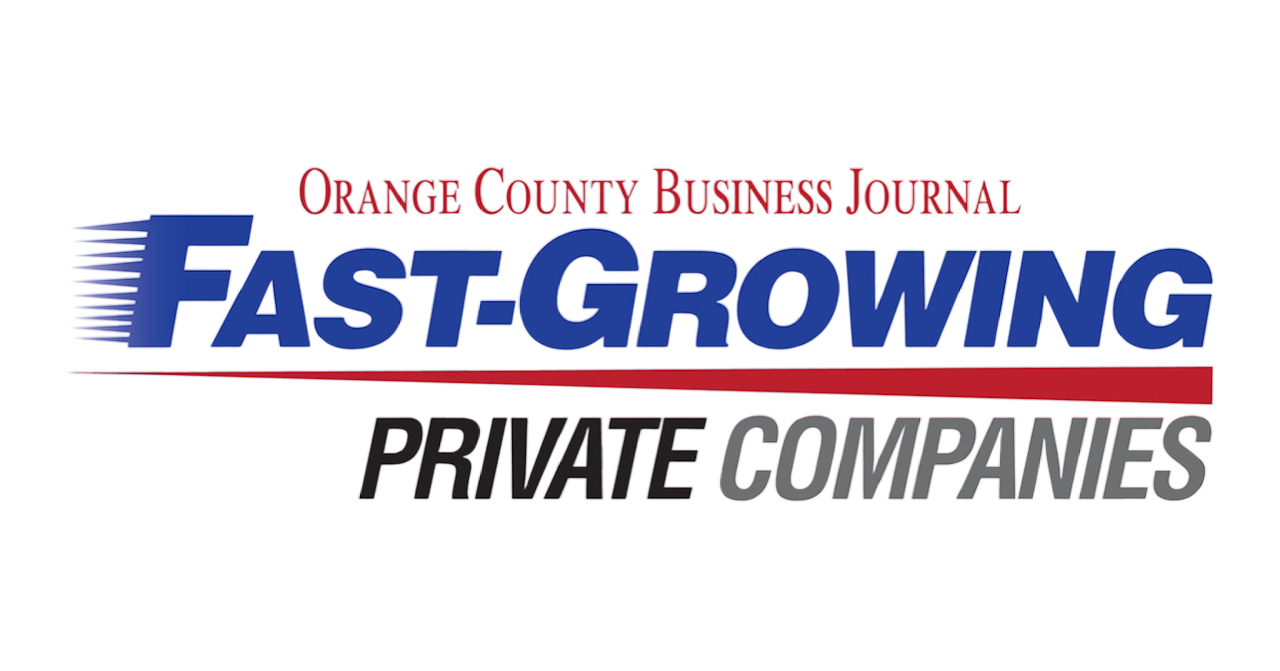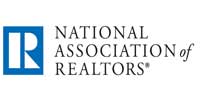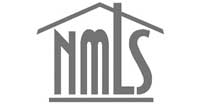Below are Frequently Asked Questions that often are encountered through the course of the home buying process. You also can use our Mortgage Dictionary to address additional terms or questions that arise.
A: Definitely! If you know that you will be approved prior to your house hunt, the process goes much smoother. The process is simple. To arrange to be prequalified for your purchase, take the following steps:
- Gather your personal financial information, such as bank statements, W-2 forms, and paycheck stubs and meet with your Grand Avenue Realty & Lending Loan Officer.
- Your Grand Avenue Realty & Lending mortgage professional will pull your credit report and evaluate your financial documents. With this information, you and your Grand Avenue Realty & Lending Loan Officer are able to discuss the best home financing options that will help you achieve your financial goals.
- To inform both your Realtor and the seller of the property that you a preferred and serious potential buyer, Grand Avenue Realty & Lending will write a prequalification letter for you. This will give any offer you extend on a property more weight. This backing will allow you to relax and enjoy the process of looking for your new home!
A: Usually, you’ll need to provide documents that verify your employment, income and assets. There are some loan programs that have limited requirements in terms of documentation for certain homebuyers.
Typical loan programs require the following documents:
- A copy of your Social Security card
- Pay stubs for the last two months
- W-2 forms for the past two years
- Bank statements for the past two or three months
- One to two years of federal tax returns
- A signed contract of sale (if you've already chosen your new home)
- Information on current debt, including car loans, student loans and credit cards
A: Different guidelines are established for non-citizens. Each loan type varies.
As a requirement, the home being purchased in this country must be the primary residence for FHA loans. Non-citizens also must have a Social Security card and all other documentation regularly required for FHA buyers.
Freddie Mac underwrites loans for permanent and nonpermanent residents alike, with no special requirements for the latter.
Through Fannie Mae, non-citizens are required to hold a green card (have permanent resident alien status). Non permanent resident aliens are required to supply an additional down payment and proof of permission to work in the United States for extended periods through a work visa. Additionally, they must occupy the purchased property.
Be sure to meet with your Grand Avenue Realty & Lending Loan Officer before choosing a home. This will help you be aware of your specific financing opportunities.
A: In challenging economic times such as these, a good number of people have found themselves with financial difficulties. These times create opportunities to incorporate valuable lessons in to a person’s financial planning. When the desire to move forward into home ownership sets in, it is often questioned what chances exist for those that have encountered financial problems.
The first distinction that is important to make is the difference between a person with a bad credit experience in the past and a person who is a bad credit risk. There is an important difference.
Lenders' main questions will be along the lines of the following:
- What was the situation of the financial difficulty? What circumstances caused the specific trouble?
- What steps did you take to resolve the issue?
- What measures were taken to prevent the situation from occurring again? Have you reestablished yourself financially? Were the changes that were made the right ones?
If you have encountered more challenging credit problems like bankruptcy and foreclosure, your explanation needs to be more thorough and have much more importance; additionally, the greater the credit problem, the more recovery time is necessary.
Everyone finds themselves in tough financial situations at one point or another, but everyone deserves another chance. Do not allow previous problems intimidate you and prevent you from trying to get a fresh start!
A: Deciding on the best loan program for you will depend greatly on your personal financial situation. You can focus on the most beneficial options by asking yourself a few questions:
- In the next few years, do you anticipate your finances to change?
- Do you plan to live in this home for a substantial amount of time?
- Would an adjusting mortgage payment make you comfortable or uncomfortable?
- When you enter the next phases of life (children’s college, your retirement, etc…), would you aim to be out of mortgage debt?
When you cover these questions with your Grand Avenue Realty & Lending Loan Officer, together you can determine answers that will help you choose the loan program best fits your needs and helps you attain your goals.
A: A FHA loan is a loan guaranteed by the Federal Housing Administration. FHA issues specific guidelines for mortgages. A VA loan is a loan guaranteed by the Veterans Administration. To obtain a VA loan, the borrower must have served in the Armed Forces for a specific time period.
A: You discuss this with your Grand Avenue Realty & Lending Loan Officer who advises you of the rates available for your loan product. You then “lock” the rate and discount points with your loan officer.
A: The Annual Percentage Rate is the financing rate calculated with the finance charges over the life of the loan. The interest rate calculates the principal and interest payment for the loan.
A: When deciding on the type of rate you want, it's all a matter of time. You'll want to think about a fixed rate mortgage if you plan to be in your home for more than seven years. Fixed rates provide you with set payments and protection against increasing mortgage interest rates. An adjustable rate mortgage would be more suitable for you if you foresee living in your home for less than seven years. With an adjustable rate mortgage, you open yourself up to the possibility of having your monthly payments increase each time your interest rate changes.
A: One point is equal to one percent of the loan amount. Points and origination fees are used to buy down the interest rate. Origination fees help pay the cost for the lender to do the loan.
A: PITI is principal, interest, taxes, and insurance: the components of a monthly mortgage.
A: There is not an established amount of a down payment for every loan. Depending on your situation and eligibility, you may find very low down payment requirements available. Your Grand Avenue Realty & Lending Loan Officer will be able to help you find a loan program that best fits your financial goals and needs. Remember that private mortgage insurance may be required for down payments less than 20%.
A: Mortgage insurance operates very similar to the insurance you have for your vehicle. It protects against loss, requires payment of a premium, and is used in the case of an emergency. The lender is able to foreclose on the home if the borrower is not able to repay the amount of an insured mortgage loan; the lender can file a claim with the mortgage insurer for a portion or the full amount of losses.
A: If you make a down payment less than 20% of the purchase price, you will be required to have mortgage insurance. Your Grand Avenue Realty & Lending Loan Officer can provide details on how to acquire this.
A: Reserve requirements are program specific. Your Grand Avenue Realty & Lending Loan Officer will this information with you.
A: When you waive escrows, you take the responsibility of paying your taxes and insurance rather than having them included in your monthly payment. Waiving escrows may add a small fee to your closing costs. You can only waive escrows if your loan program allows for this such as conventional loans that have a loan value of 80% or less on your first lien.
A: Truth-In-Lendings are sent to all borrowers after a loan application has been made. The Truth-In-Lending Act is a federal law requiring lenders to reveal all of the terms of a mortgage. The APR that appears on your Truth-In-Lending will be higher than the interest rate on your Real Estate Lien Note, as it is calculated based on term and finance charges.
A: You may obtain a copy of your credit report through the credit bureaus. You will receive a copy of your appraisal at your closing.
A: The lender requires an appraisal on most transactions. A clear termite report is required on government transactions. If the appraiser recommends repairs or if repairs are mentioned in the contract, the lender will require that those repairs be done before closing. The appraiser then will perform a final inspection to assure that the repairs were completed. If the termite report recommends treatment, treatment is required. We will need a receipt showing the name and amount of chemicals used and a clear termite inspection.
A: The Settlement Statement (HUD-1) is prepared by the title company according to closing instructions prepared by the lender. This is available 24 hours prior to closing by contacting the title company.
A: Your closing will take place at the title company. The title company name and address appears in your sales contract. Call the title company to schedule a time for your closing.
A: The second lien is often from a different lender than the first lien. Therefore, borrowers with a second lien will make two separate payments each month - one on the first lien and one on the second lien.
A: Refer to your "First Payment Letter" in your closing documents to determine where to send your first mortgage payment. If you receive a statement from your new lender prior to the due date of your first payment, send your payment to the new lender.
Otherwise, send your payment to Grand Avenue Realty & Lending, A PlainsCapital Company as detailed in your "First Payment Letter." Remember to include your loan number on your check.

Educational Resources


WHY GRAND AVENUE REALTY & LENDING
You need mortgage professionals you can trust. You need a company that values honesty and integrity throughout the entire organization. You need mortgage planning specialists who give you their best consistently. You need to find strength, stability and opportunity—especially now. You need Grand Avenue Realty & Lending!
When dealing with your home financing, we are not only working with one of your largest personal financial investments; we also are handling one of your biggest dreams. Since we work with matters so close to the heart, we serve you from ours.
Grand Avenue Realty & Lending can meet you where you are and help you where you are going. Let us provide you a mortgage without obstacles.
